Andrew Asiamah, the Second Deputy Speaker of Parliament, has confirmed ownership of government-supplied fertilizers recently intercepted by the NDC’s Joseph Yammin-led Operation Recover All Looted Assets.
The fertilizers were found stored in the house of Eric Kwaku Kusi, the District Chief Executive (DCE) for Adansi North in the Ashanti Region, just days before the 2024 elections.
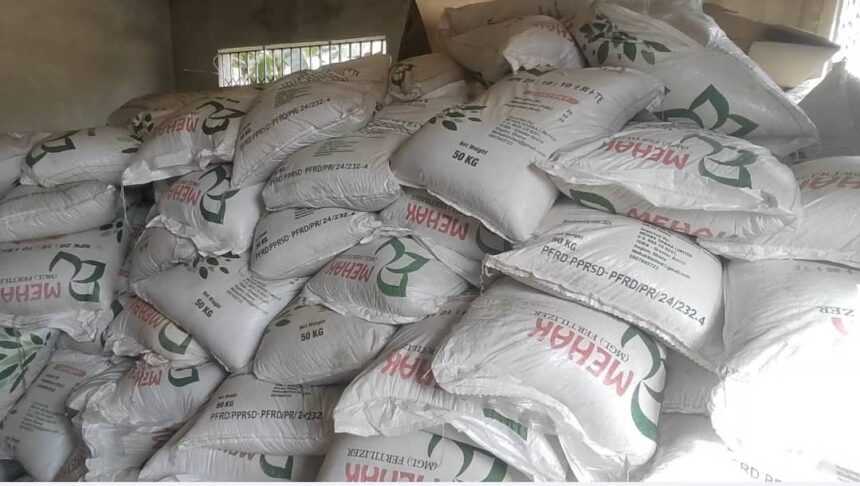
Kusi explained that the fertilizers were brought to his residence by Asiamah, the Member of Parliament (MP) for Fomena, two days prior to the elections.
According to Kusi, Asiamah had requested the storage of the fertilizers, citing that they were meant for his campaign activities but had arrived too late to be distributed in time.
Kusi claimed that Asiamah assured him that the fertilizers would be retrieved after the elections and later distributed to farmers in the district. Kusi even called Asiamah to discuss the matter, which led to the involvement of the NDC security team.
The operation that led to the interception of the fertilizers was part of a broader effort by the NDC to uncover and recover alleged looted state assets.
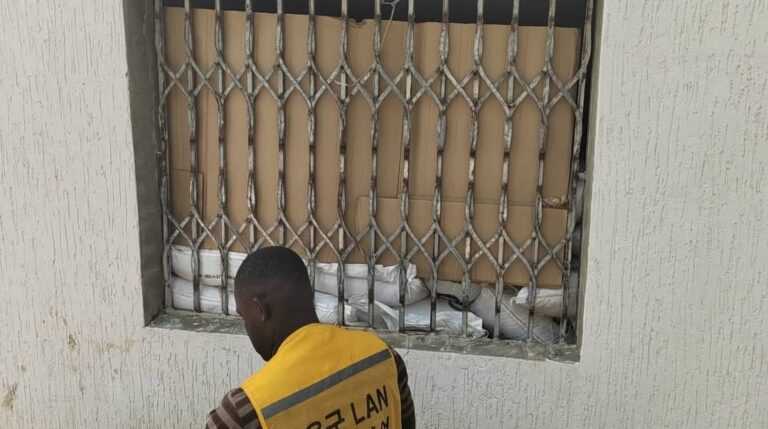
Osman Nabali, the NDC’s Ashanti Regional Youth Organizer, explained that the operation was driven by intelligence that pointed to hoarded fertilizers being stored at various locations, including the house in question. Nabali, upon visiting the site, confirmed that the fertilizers were found there, raising concerns about their intended use.
Nabali alleged that the hoarding of the fertilizers was part of a deliberate attempt by individuals in the outgoing administration to disrupt the incoming government’s ability to support farmers.
He expressed disappointment at the alleged act, emphasizing that the fertilizers had been purchased by the outgoing government to support agriculture and reduce the cost of food production.
Nabali further alleged that the fertilizers were being hoarded with the intention of selling them at inflated prices in the future, rather than distributing them as initially intended.
Asiamah, in a phone interview on December 23, confirmed that the fertilizers were indeed his but declined to provide further details or offer an explanation regarding their storage. He did not address the claims made by Nabali or respond to the broader criticisms surrounding the hoarding of the fertilizers.
Nabali condemned the act, stressing that it undermined the efforts of the government to support farmers and contribute to national food security.
He urged authorities to take swift action to investigate the matter, calling for accountability and a thorough review of similar practices across the country.
“This isn’t just about the NDC; it’s about safeguarding the national interest,” Nabali stated. “These actions not only deprive farmers of much-needed resources, but they also show a disregard for the welfare of the Ghanaian people.”
The interception of the fertilizers and the subsequent controversy has raised questions about the integrity of the distribution process and the actions of public officials in the final days of the outgoing government’s tenure.
With the fertilizers being intended for the benefit of farmers, Nabali’s criticism points to concerns over how state resources may have been misappropriated or manipulated to serve personal interests rather than public good.
In the coming days, as the new government prepares to take office, authorities are expected to investigate the hoarding of the fertilizers, which are seen as a critical resource for boosting agricultural production and ensuring food security in Ghana.
The situation highlights the ongoing tension between the outgoing and incoming administrations, with accusations of sabotage and political maneuvering continuing to surface in the wake of the 2024 elections.
Nabali’s call for a transparent inquiry and accountability underscores the need for reforms to ensure that government resources are used appropriately and equitably, particularly in the context of agriculture, which plays a vital role in Ghana’s economy.



































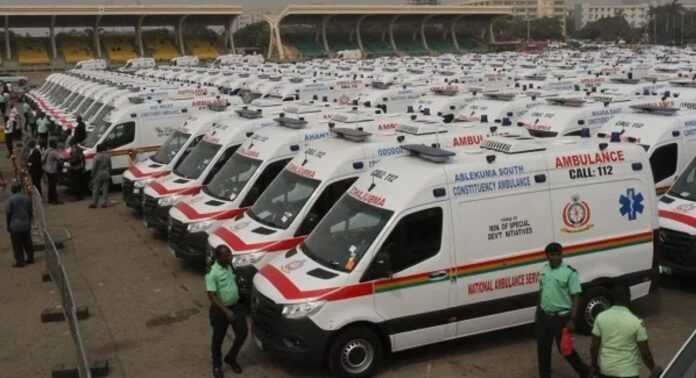
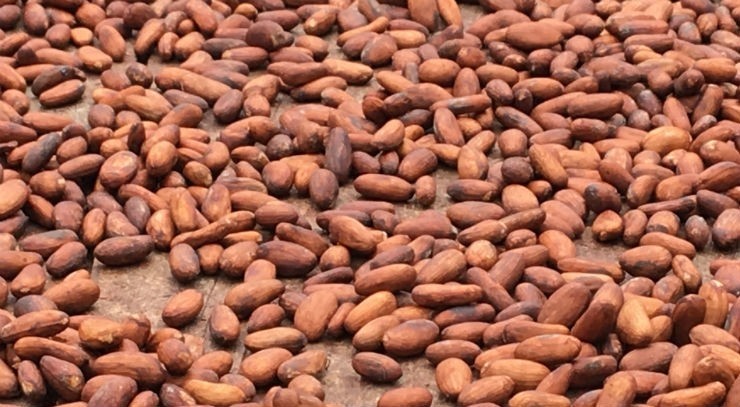



















![[FREE FREE MONEY] Predict and Win a Guaranteed GH¢200 From Us EVERY WEEK](https://wordpress.ghanatalksradio.com/wp-content/uploads/2022/02/Predict-and-Win-Final-09-03-2021-218x150.jpg)
![[Predict & Win – 8th/Oct.] WIN A Guaranteed ¢200 From Us This Week](https://wordpress.ghanatalksradio.com/wp-content/uploads/2021/10/maxresdefault-16-218x150.jpg)
![[Predict & Win – 2nd] WIN A Guaranteed ¢200 From Us This Week](https://wordpress.ghanatalksradio.com/wp-content/uploads/2021/09/maxresdefault-50-218x150.jpg)
![[Predict & Win – 25th] WIN A Guaranteed ¢200 From Us This Week](https://wordpress.ghanatalksradio.com/wp-content/uploads/2021/09/maxresdefault-36-218x150.jpg)
![[Predict & Win – 18th] WIN A Guaranteed ¢200 From Us This Week](https://wordpress.ghanatalksradio.com/wp-content/uploads/2021/09/maxresdefault-23-218x150.jpg)

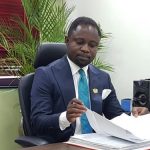
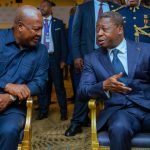




![[National cathedral] See full list of churches that have contributed since 2018](https://wordpress.ghanatalksradio.com/wp-content/uploads/2020/09/Ghana-National-Cathedral-GhanaTalksRadio-100x70.jpg)



